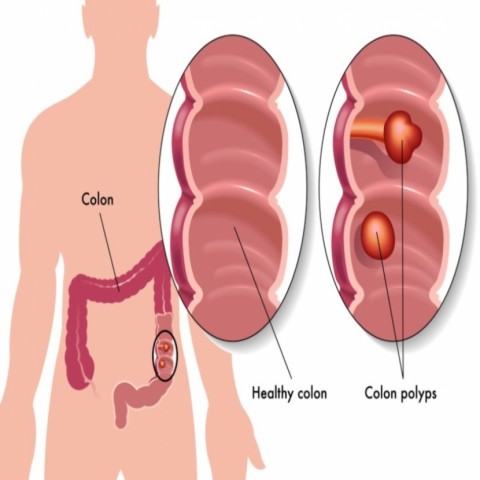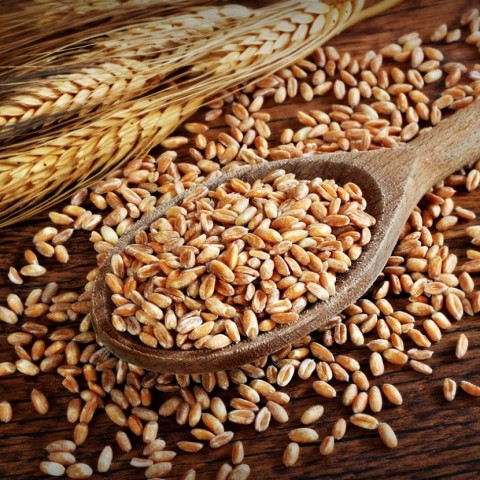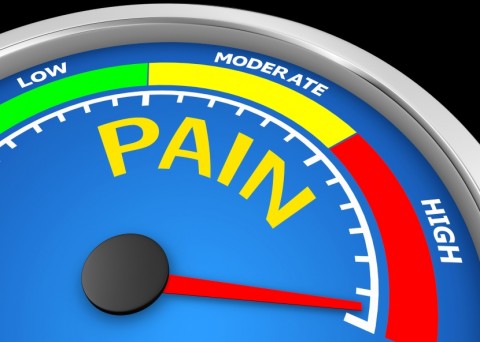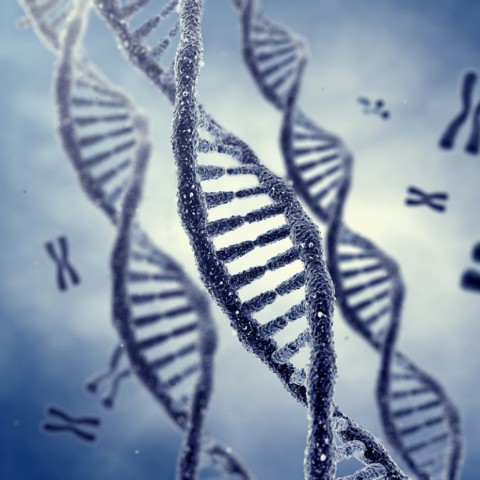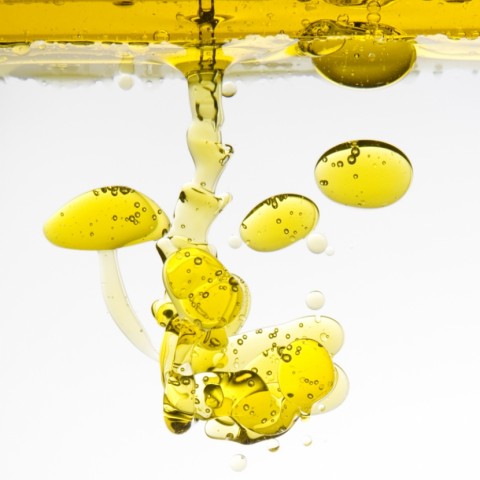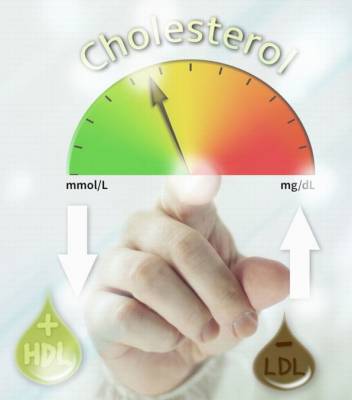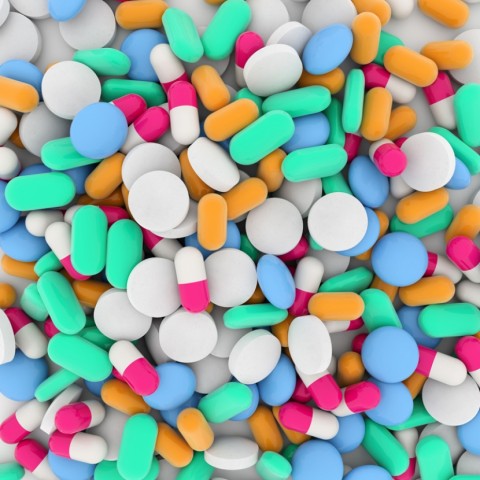Colon cancer, is the second most deadly cancer. Approximately 180,000 new cases are diagnosed each year in the United States and Europe. Dr. John McDougall says that colon cancer "is a disease primarily of people consuming a diet high in meats (including poultry and fish), dairy products, and fats; and low in fruits and vegetables."...
DrCarney.com Blog
Stop for a moment to think about what milk is and what it was designed for. Milk is the white liquid produced by the mammary glands of mammals. It provides the primary source of nutrients for suckling mammals "before their digestive system has matured." As their digestive system matures, they are able to eat and...
One of the concerns we hear about eating grains and legumes from the low-carb, high-protein advocates is that grains/nuts/legumes contain a compound called "Inositol hexaphosphate (IP-6)" or better known as the anti-nutrient phytic acid or phytate. Unfortunately, this compound has received a lot of both unwarranted and unfavorable publicity. Phytate is a naturally occurring compound...
What does your typical diet look like for one day? If you answered bacon and eggs for breakfast, turkey and cheese sandwich for lunch, and chicken fried steak for dinner, you're not alone. Basing every meal around an animal-based protein source is believed to be a necessary component in the human diet. Dr. Michael Klaper...
Cholesterol is an organic chemical substance resembling a waxy fat which is manufactured by our body's cells, but predominantly made in our liver. It is an essential component of cell membranes and is also important in the formation of male and female hormones, bile acids, and vitamin D. Although cholesterol is a vital component in...
According to a research study presented in the February 2000 issue of Obstetrics & Gynecology, a low-fat, vegan diet "significantly reduced pain and PMS for many women." Painful menstrual cramping and heavy periods can be largely attributed to chemicals called prostaglandins. The fat stored in our cell membranes produce these chemicals which promote inflammation. Prostaglandins are...
This embedded video discusses a previous study with 5,000 people conducted over 16 years showing they could reduce MS by 95%. Basically he states that if a person went on the low-fat diet they had less than a 5% chance of their MS getting worse over a 16 year period. Multiple Sclerosis (MS) is an...
Although an individual may have a genetic weakness for high cholesterol and it runs in their family, a plant-based diet is capable of lowering cholesterol to an acceptable level. Dr. Joel Fuhrman uses a nutrient-dense, vegetable based plan to reverse heart disease and lower cholesterol in his patients. Dr. Fuhrman emphasizes that, "Nutrition is such...
Olive oil is as American as baseball and apple pie. Its monounsaturated omega-3's have long been touted for being "heart healthy." But if olive oil ready did protect our hearts from heart disease, then why do one out of every three Americans die from it? Perhaps it doesn't really protect our hearts after all. Clever...
What is Cholesterol? Cholesterol is an organic chemical substance which is manufactured by our body's cells, but predominantly made in our liver. It is an essential component of cell membranes throughout the body, particularly the brain, central nervous system and myelin sheath which insulates the nerves. Cholesterol is also needed to make bile acids necessary...
Large population studies confirm a direct correlation between the rates of chronic illness and the percent of animal products consumed in the diet of that population. As the percentage of animal and processed foods rise, so does illness - cancer, heart disease, autoimmune, and diabetes, just to name a few. For this reason, diets based on animal...
Heart disease has become our nation's number one killer, with coronary heart disease being the most common type of heart disease, causing more than 385,000 deaths per year. This results in a heart attack occurring within every 30-40 seconds. Having a high cholesterol level is one of the main risk factors contributing to heart disease....

